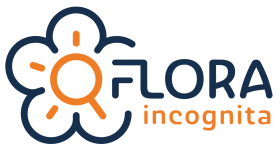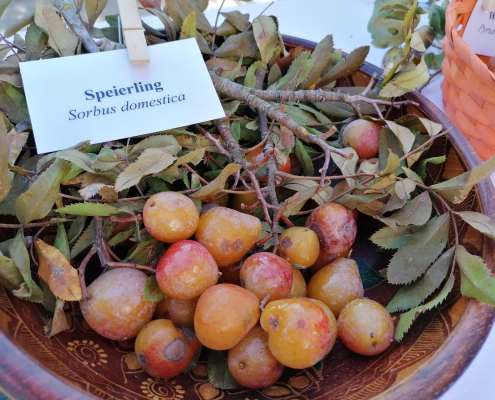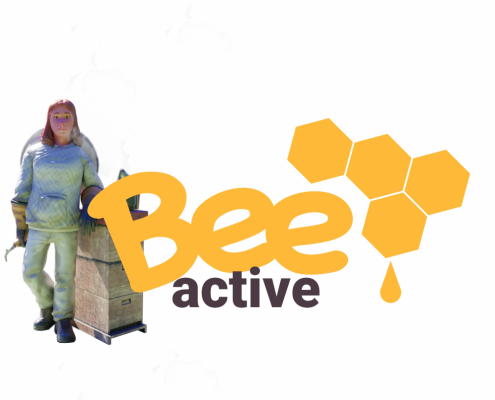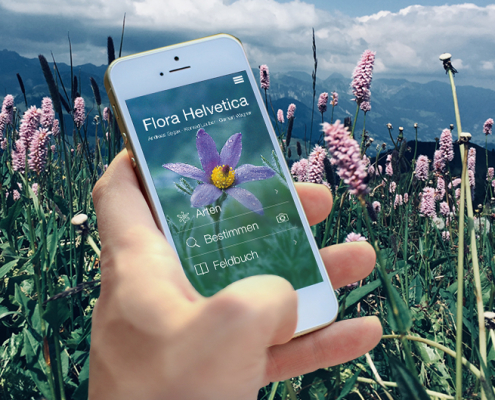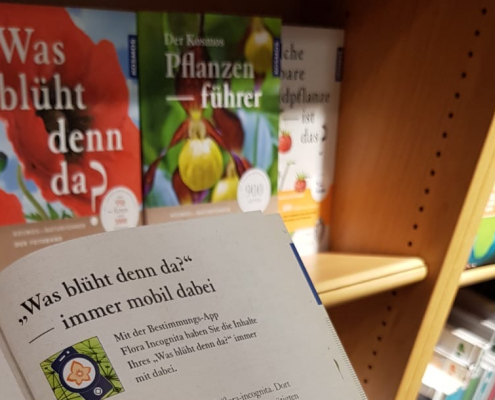There are many ways to work with us.
Flora Incognita data for scientific questions
Would you like to use the Flora Incognita observation data to answer a specific scientific question? We would be delighted to help! Our scientists will provide you with the relevant data in the context of scientific/nature conservation questions.
Please send an e-mail to support@floraincognita.com with a concise abstract of your project, including:
– name of the project
– linked institution(s)
– contact person(s)
– scientific/nature conservation issues
– spatial, temporal and botanical framework parameters
We will get in touch with you.
Implementation of a Citizen Science project
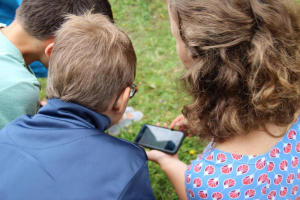
You want to carry out your own Citizen Science project with the Flora Incognita App? No problem! We will create a project for you, and all participants in your campaign will be able to submit plant observations to this project.
Project coordinators receive all observation data collected in the project regularly and automatically on a secure cloud solution.
And this is how it works:
Please send an email to support@floraincognita.com with a short description of your project, including:
– Name and aim of the project
– linked institution(s), if applicable
– contact person(s)
We will then get in touch with you.
Improvement of the identification accuracy of species critical for identification
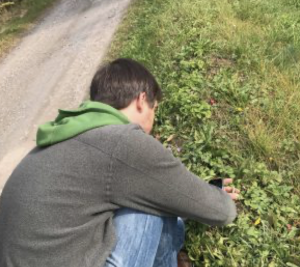
Do you want to be able to use the Flora Incognita app to identify species that are critical to identification and difficult to distinguish in the long term? Identification performance varies from species to species and depends mainly on the number of images in the training database. If you want to improve the identification performance of certain species, you can contribute new images with our Flora Capture App. If you prefer to take pictures with a real camera, you can also send us the images directly. We can also test and improve the automatic identification of these species together as part of scientific studies.
Improvement of plant descriptions for specific species groups.

It is not possible for us to write an individual fact sheet for all species. However, we hope that our descriptions will make the app more interesting so that many people will get involved with the topic of plants and diversity. If you would like to improve the content of our fact sheets for certain species, we would be very grateful.
And this is how it works:
Please send us an e-mail to support@floraincognita.com with a list of species whose descriptions you can revise. We will then get in touch with you. Thank you very much!
Providing plant images
Do you already have extensive species knowledge and collect plant images? To train our image recognition algorithms, we need a large number and variety of different images. We need images of whole plants, but also detailed images of flower, leaf and all plant parts relevant for identification. So if you have a collection of plant images that are already identified, we would be happy if you would provide them to us for our research.
We say “THANK YOU” !
Numerous botanists and people interested in plant identification as a hobby have sent us their private picture collections. For this we would like to thank them very much.
Matthias Breitfeld, Ursula Burri, Thomas Engst, Klara Friederich, Adolf Gabler, Thomas Gerl, Susanne Hejja, Dr. Klaus-Dieter Jung, Christian Karderli, Tristan Lemke, Dr. Rita Lüder, Leonie Mazalla, Jürgen Niebur, Erika Nomicos, Dr. Klaus Peterlein, Dieter Rudolf, Ilse Schönfelder, Hans Schwaiger, Jürgen Teucher, Dr. Angelika Thuille, Dietmar Vogel, Sven Wehke, Dr. Werner Westhus, Nora Wilmaring
